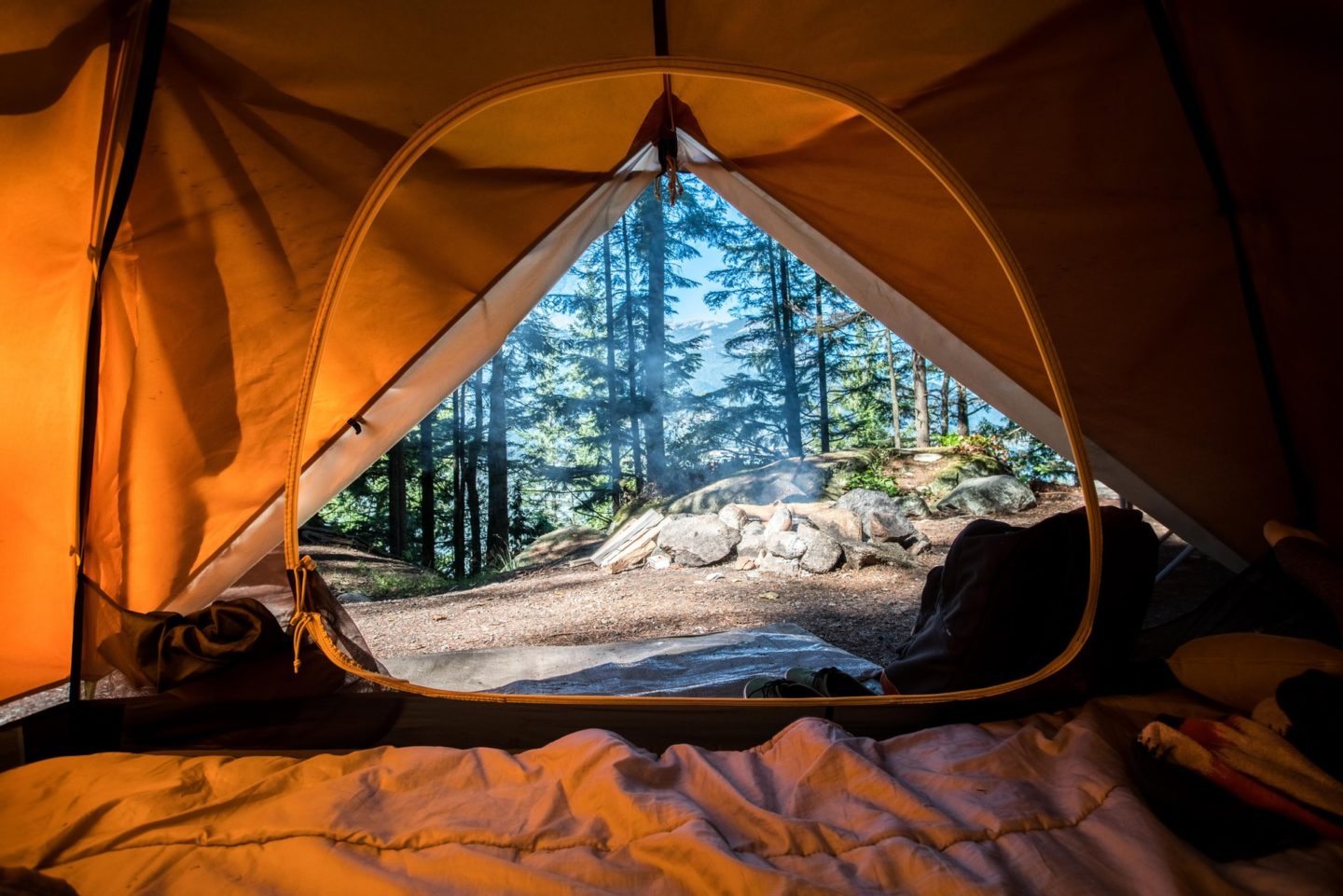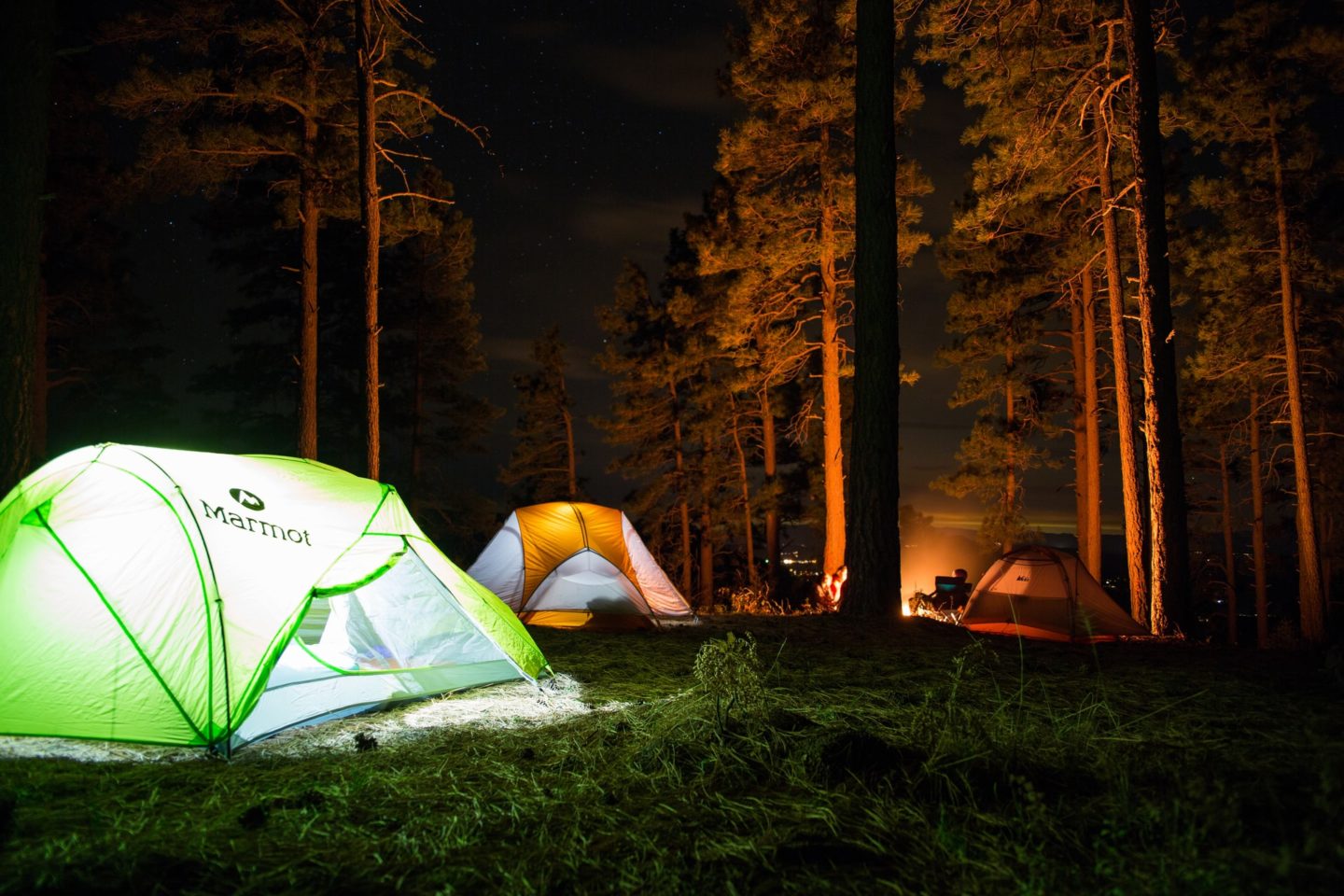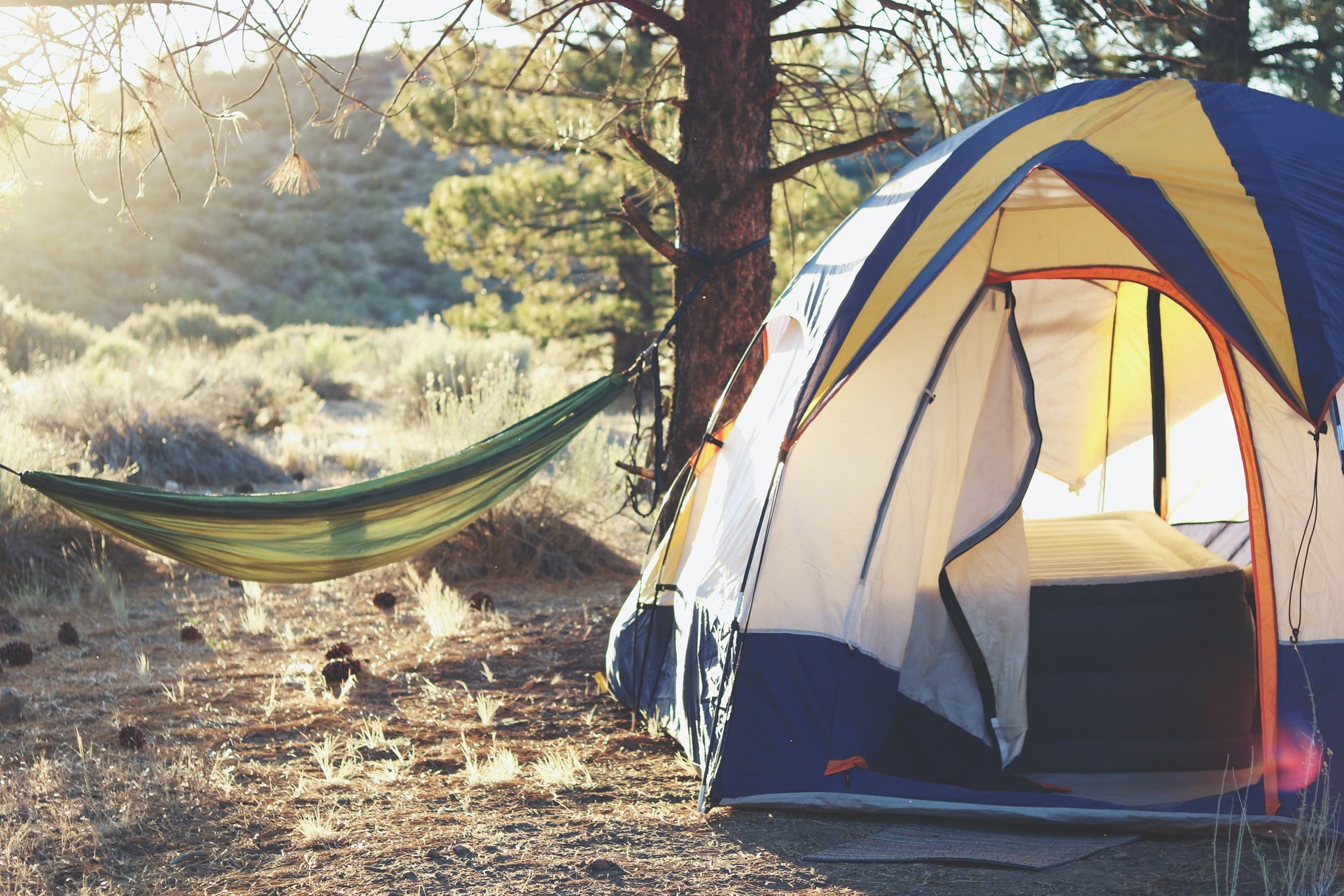There’s no question that we live in a screen-obsessed society. Technology has taken over the world in a big way. While that isn’t necessarily a bad thing, it does make it harder for people to regularly connect with nature the way they have in generations past.
Camping is one way many people are combatting that issue. As of 2019, the number of domestic camping and caravanning holidays taken by U.K. citizens was over 9 million.
Needless to say, people are anxious to get outdoors. It’s a great way to take care of your mental health, boost your mood, and make you feel more connected with the environment.
But, it’s impossible to spend time outside nowadays and not think about the state of the planet – especially when you’re a nature lover. Many people are trying to live more sustainable lifestyles and give something back to the planet.
Camping is a great way to do that, and you’ve got a head start simply by being outside. But, what else can you do to make sure your next camping trip is more sustainable and eco-friendly?

You Are What You Eat — And How You Dispose of It
One of the fun things about camping is eating great food, especially over an open fire (plus, it’s a great way to teach kids about campfire safety!). Whether you’re roasting hot dogs or marshmallows or getting a bit fancier with things, what you eat and how you get rid of it are two very important things when it comes to sustainability.
First, be conscious about the snacks and meals you pack. Avoid convenience foods that have a lot of plastic packaging. Instead, pack your own ingredients and snacks in reusable containers that can be washed. You’ll instantly cut back on your trash that way.
Second, when it comes to the food you bring with you, go organic as much as possible. Buy from local farmers and produce stands rather than getting your supplies from big box stores. Mass-produced items create excessive amounts of carbon emissions during manufacturing and shipping.
When it comes time to dispose of your food and packaging, turn it into a game. Create different “stations” around your campsite for trash, recycling, and composting. The “clean up game” is something that the kids will have fun doing, and it will ensure you leave no trace behind when you leave your campsite.
Be Conscious of Your Products
Obviously, you’re going to bring more than just food with you when you head out on a camping trip. Some of the most common supplies that should be in your bag include:
- A first-aid kit
- Sleeping bag
- Camping pillow
- Flashlight
- Extra batteries
In addition to the basics, you’ll likely bring along some toiletries and maybe even some cleaning products if you plan on being at your campsite for a while. But, if you’re trying to be more sustainable, understand that not all products are created equally.

Choosing biodegradable products is always your best bet when you go camping. No one intends to litter or leave things behind. But, if you do, biodegradable products won’t contribute to long-term pollution in natural areas.
Additionally, pay attention to things like soaps and cleaners. Not only can the chemicals in certain products be harmful to the environment, but they can impact your health, too. Some of the symptoms of chemical exposure include:
- Headaches
- Dizziness
- Coughing
- Sinus issues
- Skin irritation
Try to use natural products as often as possible, especially when it comes to personal care and cleaning. The planet and your body will thank you.
The list could go on when it comes to how to be more sustainable while camping. Get creative with your sustainability ideas, and get the whole family involved. The more time you spend in the great outdoors, the greater that desire to live a greener lifestyle will become. So, pitch a tent this weekend, and make sustainability a priority!
